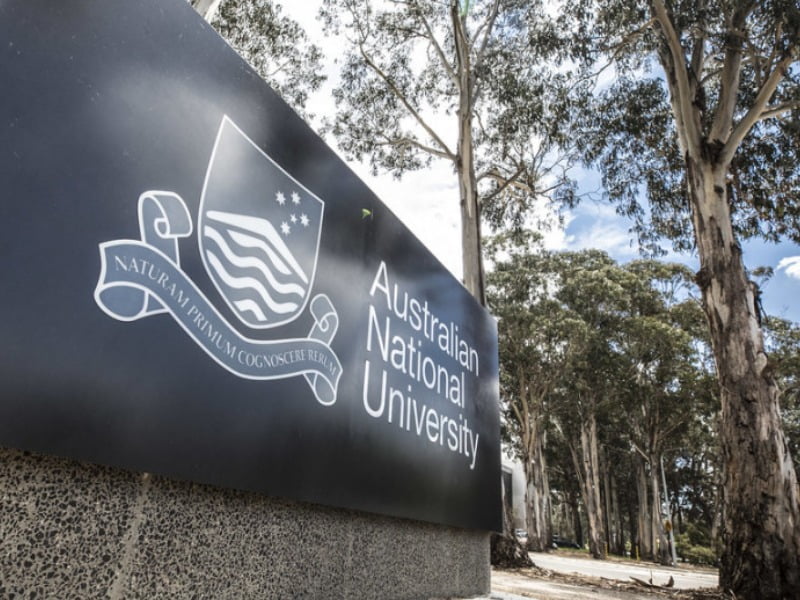The Australian National University’s Tech Showcase has put a spotlight on innovations being worked on by students, giving them the opportunity to connect with the wider industry.
Run as a collaboration between the university’s TechLauncher program and the Canberra Innovation Network, 32 student projects presented at the event on Tuesday, with a select five given the chance to pitch to a hybrid in-person and virtual crowd of over a hundred people.
The Australian National University’s (ANU) TechLauncher is a program for both undergraduate and postgraduate students to develop real tech solutions with the help of experienced mentors ranging from industry professionals, technology experts, and entrepreneurs.

ANU School of Computing Director Professor Tony Hosking said that the TechLauncher program is an integral part of the programs offered at the school.
“[TechLauncher] is an important opportunity for our students to grapple with uncertainty. Sometimes course teaching is the teaching of certainties of truths, if you like that the students are expected then to respond and deliver back to us in their examinations,” Professor Hosking said.
“This is the opportunity for them to grapple with the uncertainty of the real world to grapple with the challenges but also the excitement of building things that are new.”
Team Water worked with CSIRO’s Data61 to develop a neural network that can reduce the time and cost of groundwater management. Their system requires less computing power than current groundwater simulations with further potential applications for the study of aerodynamics and weather prediction.
Another team worked with Accenture on the web application FireApp as it entered its third year of development. It uses artificial intelligence to automatically schedule teams of firefighters and equipment based on their availability and experience level. The soon to be launched mobile application hopes to make fire fighting more efficient, particularly under high pressure bushfire conditions and when there are a large number of volunteers.
A team worked on a project called Tenders+ for their client, university consultancy Campus+. The project aims to create a streamlined system to help researchers find government grants and other tenders. As researchers create profiles, they will be connected with other researchers with similar interests and recommended relevant programs.
Project proposals are made by industry, government, research labs, community groups, and student-led startups. TechLauncher students attend lectures, tutorials, and workshops over the course of a 12-week semester before presenting their projects at the Tech Showcase. Some projects may be developed over several years across different teams of four to seven members.
The “preferred agreement” between students and clients, published by ANU, states that any intellectual property (IP) created during the project is retained by the client.
Tech Showcase partner Canberra Innovation Network is an initiative run by the Australian Capital Territory Government since 2014. Chief executive of the network Petr Adámek said that teaching computer science is one of the most important things that can be done to drive local innovation.
“We at the Canberra Innovation Network, help create the environment in which you as students and companies can collect and can create excellence. And we don’t really know what that excellence will be because we don’t know and we can’t really predict what the markets will need and what will be the global issues that needs to be addressed. But we know that it takes a lot of courage, a lot of experimentation, a lot of interaction, a lot of conversations and a lot of failure,” Mr Adámek said.
“That failure is absolutely critical and fundamental to the learning process for you but also to the process of innovation. TechLaunch is one of those programs that introduces that concept to you already during the studies.”
Mr Adámek also encouraged students to participate in an upcoming space sector hackathon run by the network over 16-17 June, which features a $10,000 prize pool.
Do you know more? Contact James Riley via Email.

